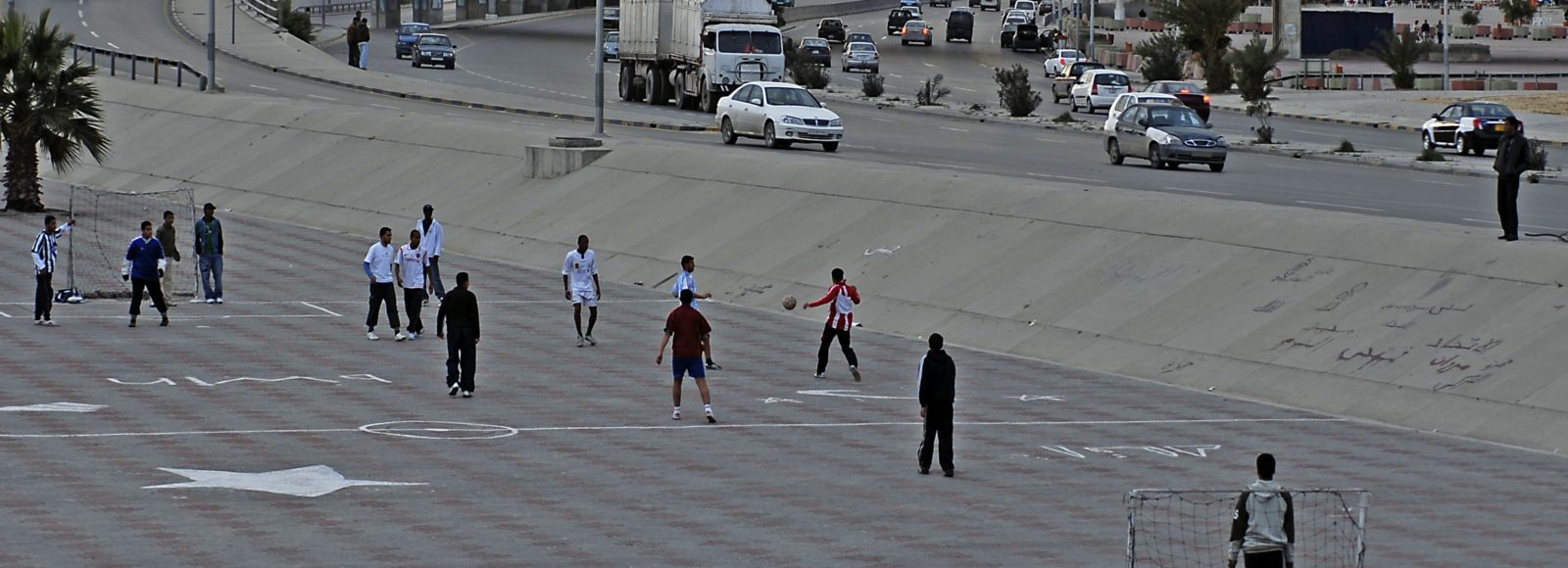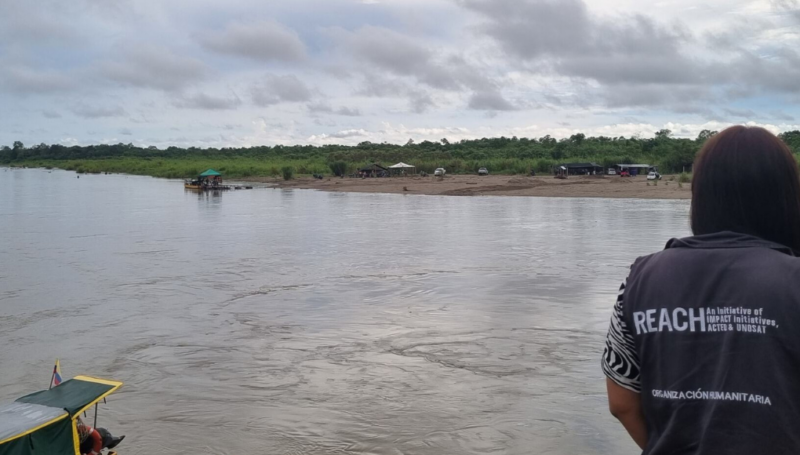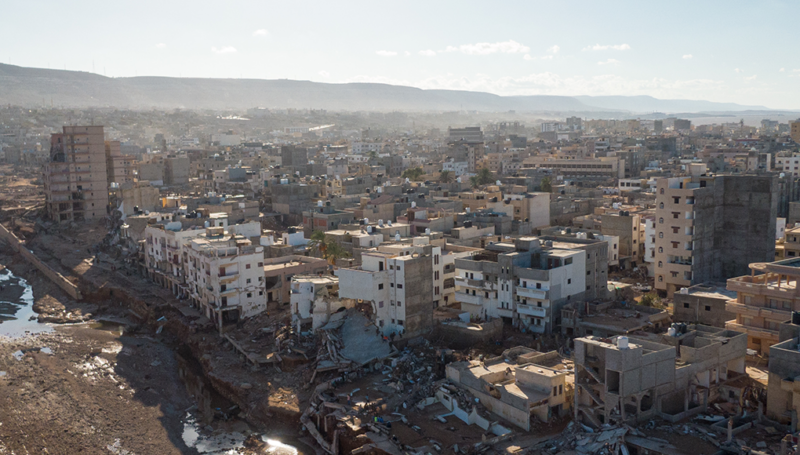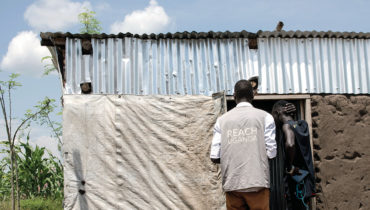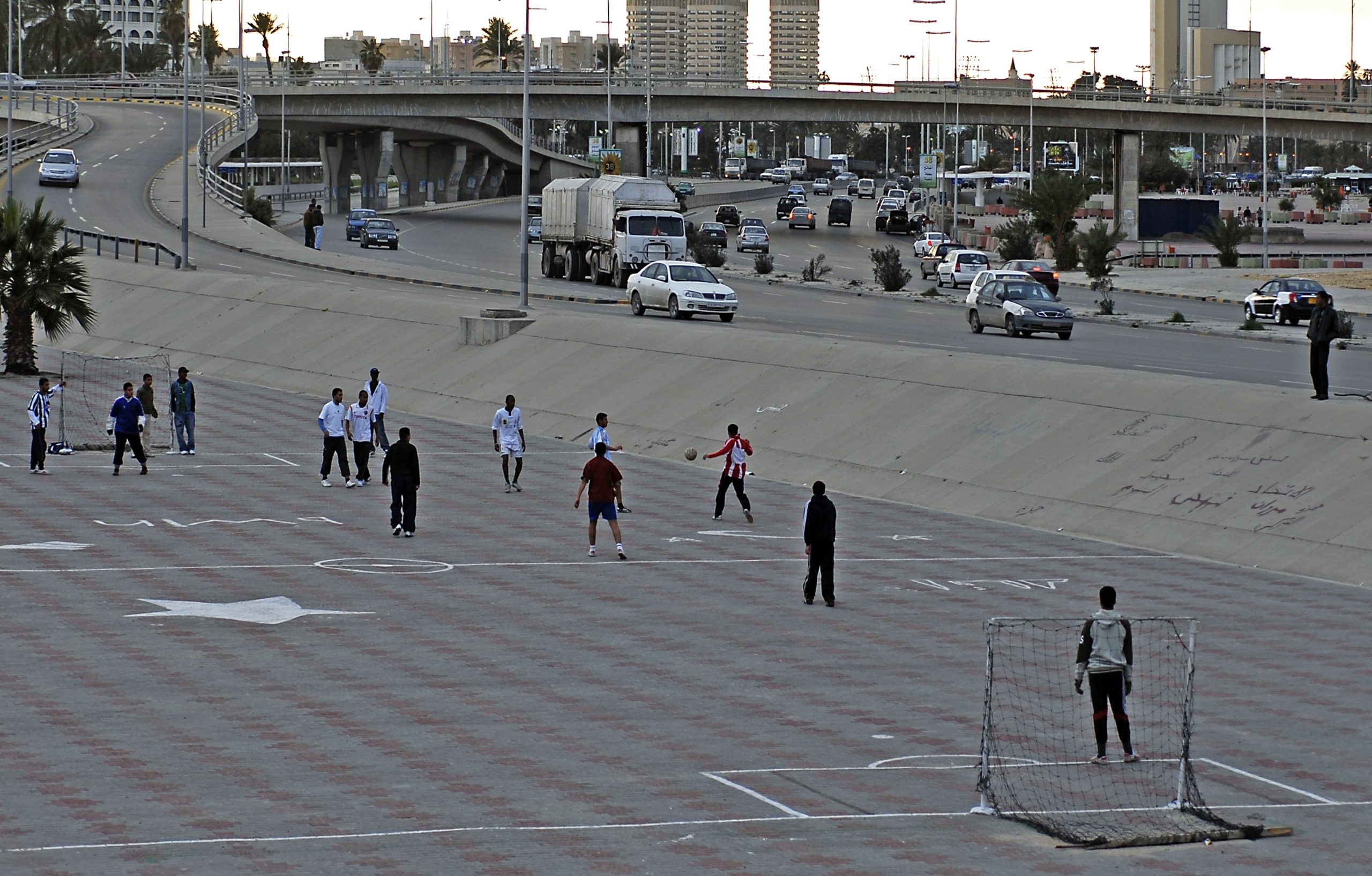
Tripoli, Libya Flyover, Creative Commons
Refugees and migrants in Libya are among the most vulnerable groups in the context of the ongoing humanitarian crisis. With an elevated level of insecurity, and as undocumented migrants are criminalised, many are held in detention centres, with a number of studies pointing to their inadequate living conditions. On the other hand, very limited information is available on the protection needs and coping strategies of the wider population of refugees and migrants living outside detention facilities in Libya.
To respond to this gap, REACH, in partnership with the Start Network and International Medical Corps conducted an assessment in three locations in Libya: Tripoli, Misrata and Sebha to shed light on refugees and migrants’ access to economic resources, housing and healthcare. The assessment used qualitative methods and was based on primary data collected in November 2017 through 60 interviews with local experts on migration and service provision, and 120 interviews with refugees and migrants.
REACH found that the deterioration of Libyan socio-economic conditions in the country affected respondents from all regions of origin, with many migrants having to reduce the quality or quantity of their meals to make both ends meet. Some of the assessed migrants and refugees were not being paid regularly by their employers, either due to employers’ difficulties in accessing cash to pay their employees or possibly due to refugees and migrants’ inability to enforce their rights, due to their undocumented status.
Findings also underline that access to decent housing and healthcare remain key challenges for many migrants and refugees. Due to their irregular status, limited economic resources, and discriminatory practices, coupled with the general insecurity conditions, many live in overcrowded and inadequate accommodations and face dire obstacles in accessing public medical facilities. As a result, self-treatment through local pharmacies and alternative medicine became the most reported strategies in case of medical needs.
The large majority of migrants and refugees interviewed for the assessment reported intending to stay in Libya to return home in the future. But as employment opportunities become less available and migrants and refugees see their purchasing power reduced, saving money and meeting the most basic needs becomes challenging, migrants and refugees’ intentions to stay in Libya or move onward could also change. In such a deteriorating context, it remains unclear whether they will also have the capabilities to return home or not.
Access REACH’s Report on Refugees and Migrants’ Access to Resources, Housing and Healthcare available in full at this link.





